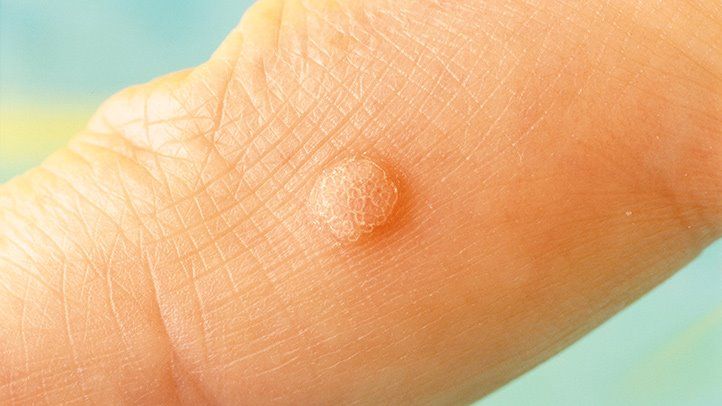How to know whether it is appendicitis or gas?
Appendicitis occurs when the appendix becomes inflamed. It can feel very similar to gas. However, unlike gas, appendicitis is an emergency requiring immediate medical care. Most people with appendicitis feel varying levels of sharp cramping or pain in the lower right abdomen, depending on how serious the inflammation is. Excess gas, or flatulence, can build up in the digestive tract and cause discomfort, excessive gas, and pain anywhere in the abdomen. Appendicitis, especially when undiagnosed and untreated, can lead to serious complications. A person should speak to a doctor about unexplained abdominal pain, digestive symptoms, or excessive or chronic gas. Anyone who thinks that they or someone else may have appendicitis or associated complications should seek emergency medical care immediately. Most people with appendicitis require surgery, or appendectomy, to remove the appendix and repair any surrounding tissue or organ damage. Prompt surgery reduces the risk of appendix rupture and other complications. A surgeon will usually perform appendectomy using one of two procedures: open surgery or laparoscopic surgery. Most people with temporary mild-to-moderate abdominal pain have gas or symptoms of indigestion. However, appendicitis is the most common cause of severe abdominal pain requiring surgery, and at least 5% of people in the United States develop it at some point in their lives. A person should talk to a doctor about any minor symptoms they have. If any moderate-to-severe symptoms of appendicitis occur, a person should seek emergency medical care to prevent the risk of serious complications. Most people recover well if they receive a diagnosis and treatment early enough.(Credits: www.medicalnewstoday.com)


